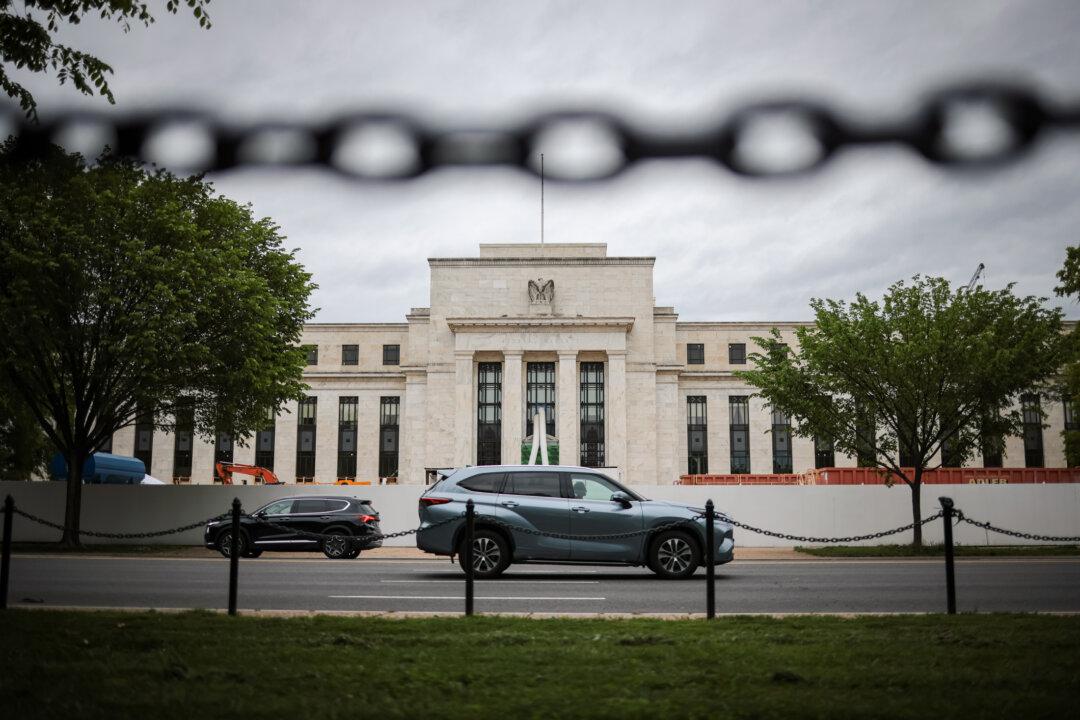Commentary
Central banks have signaled in this “super week” their intentions to end the tightening cycle soon. But they dare not to confirm anything because inflation is unwilling to ease while recession is unwilling to arrive. Both of these recent symptoms conclude that the tightening effect has not been enough. There are two possibilities here: Either the tightening is enough while it takes time to be effective, or the total tightening so far is not enough where inflation will not revert to target even observing for a dozen months ahead.





